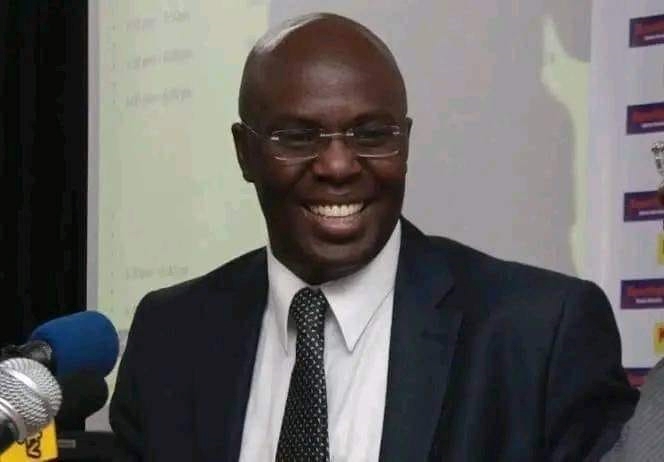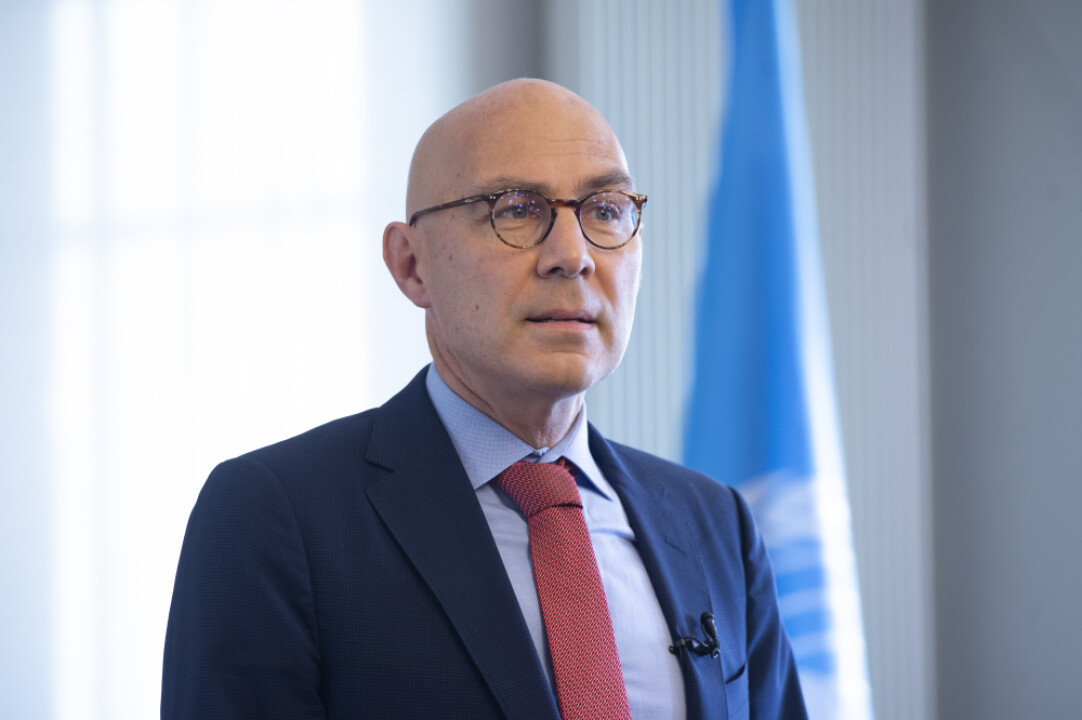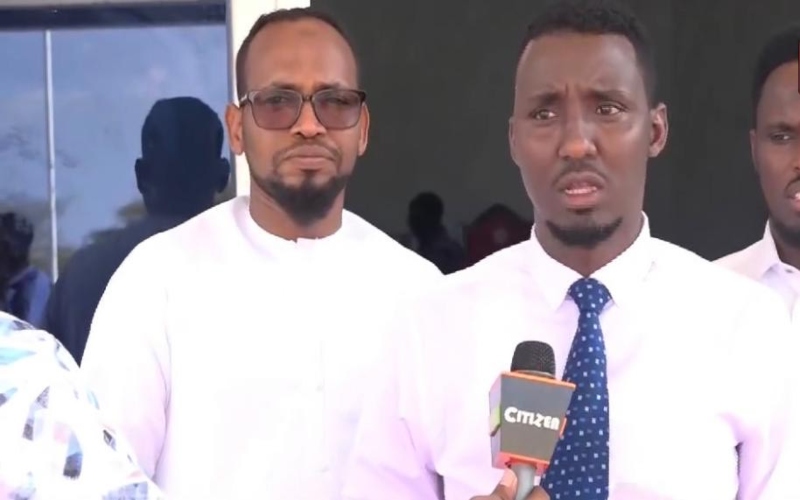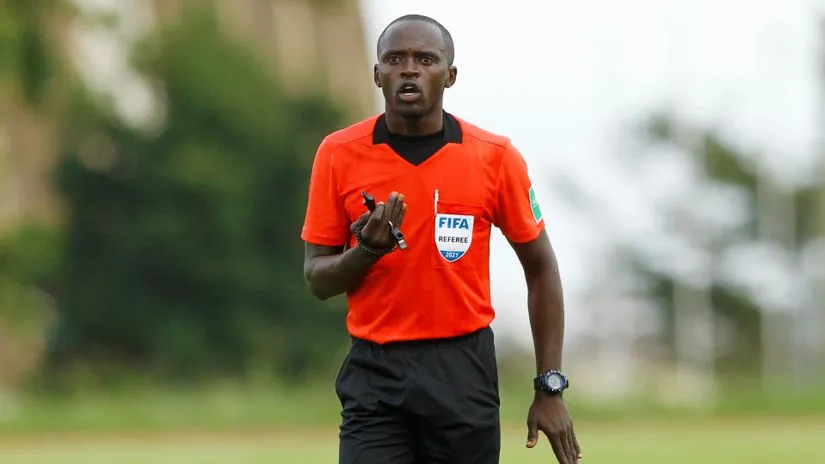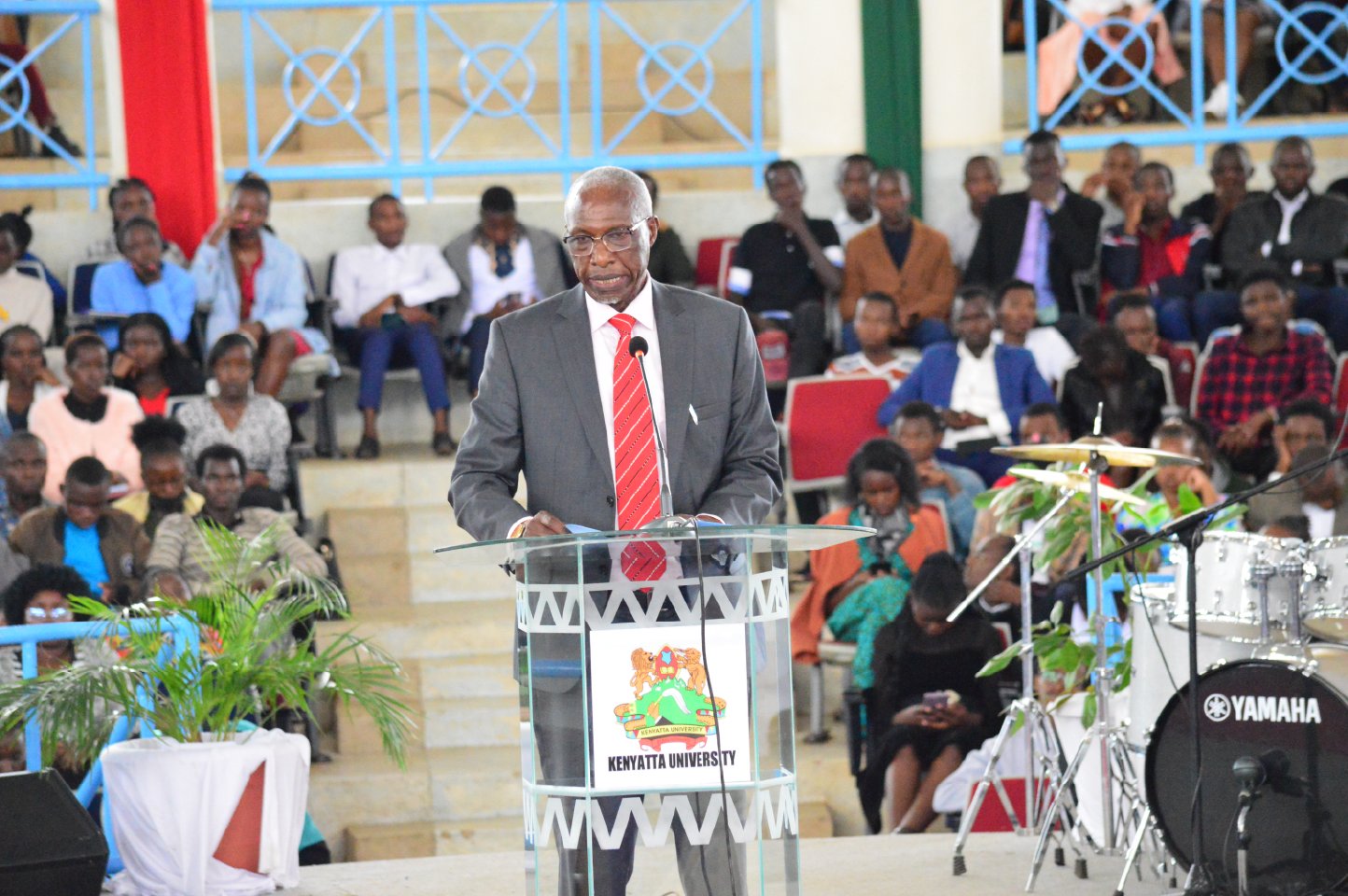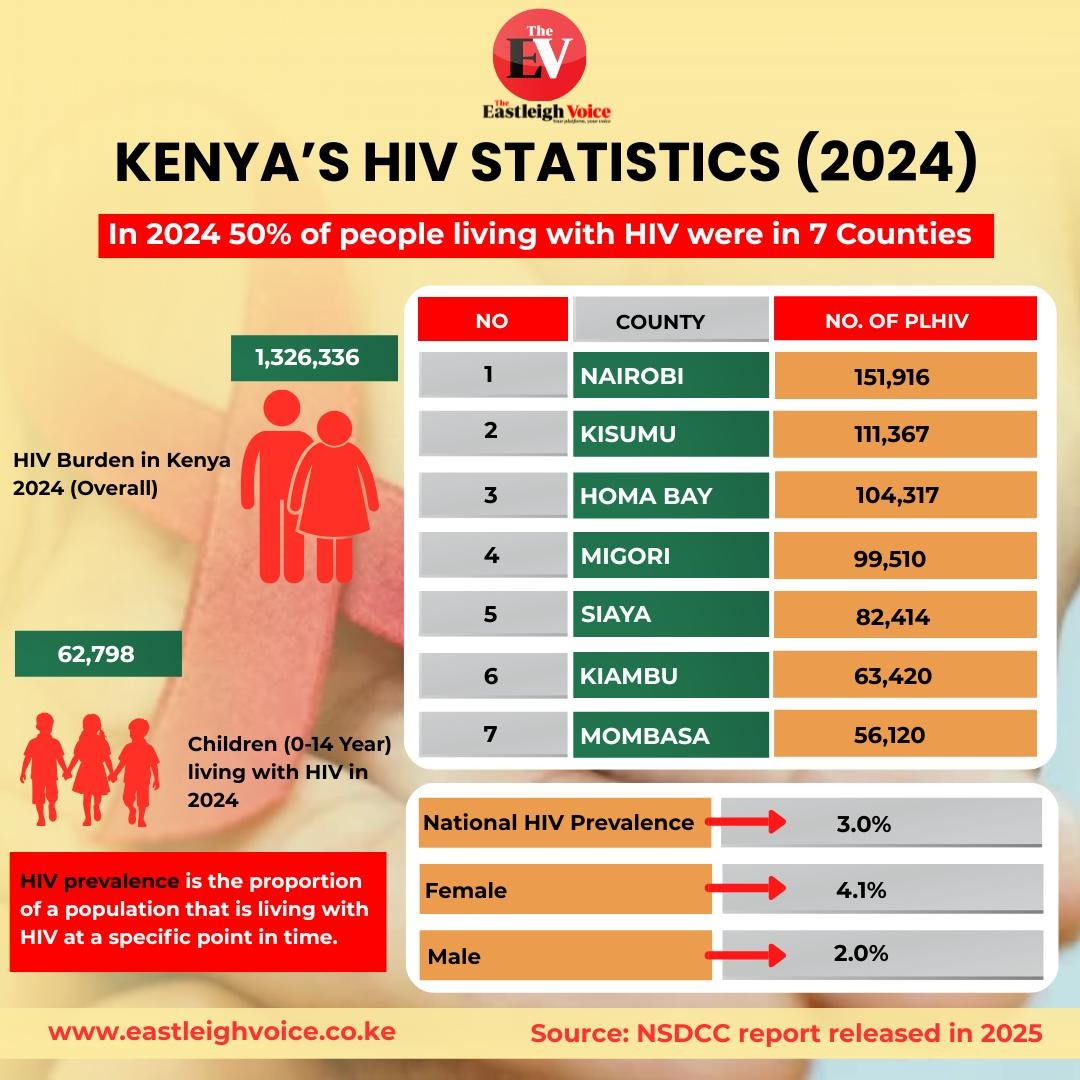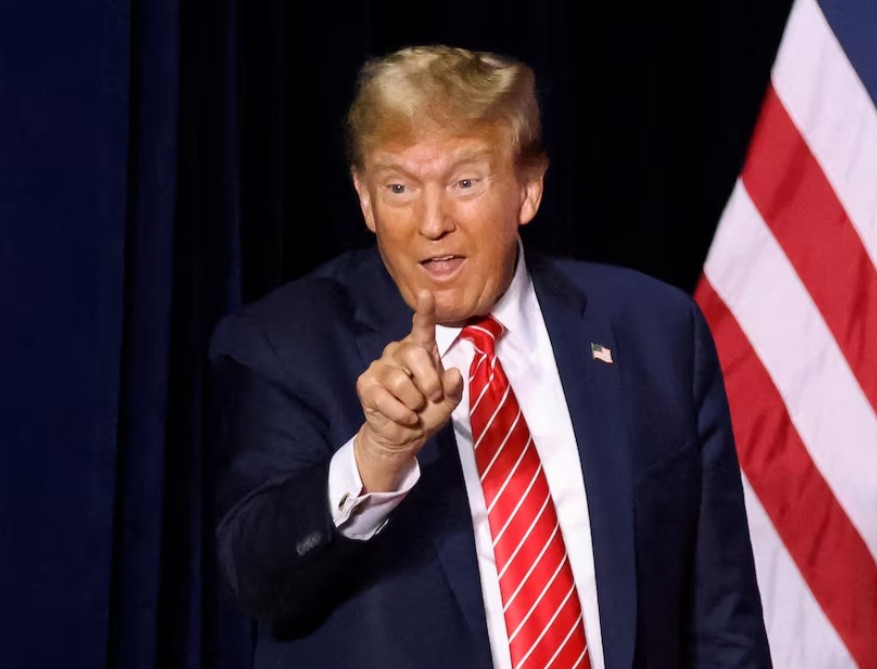Government proposes special levy on fuel, electricity to fund energy projects
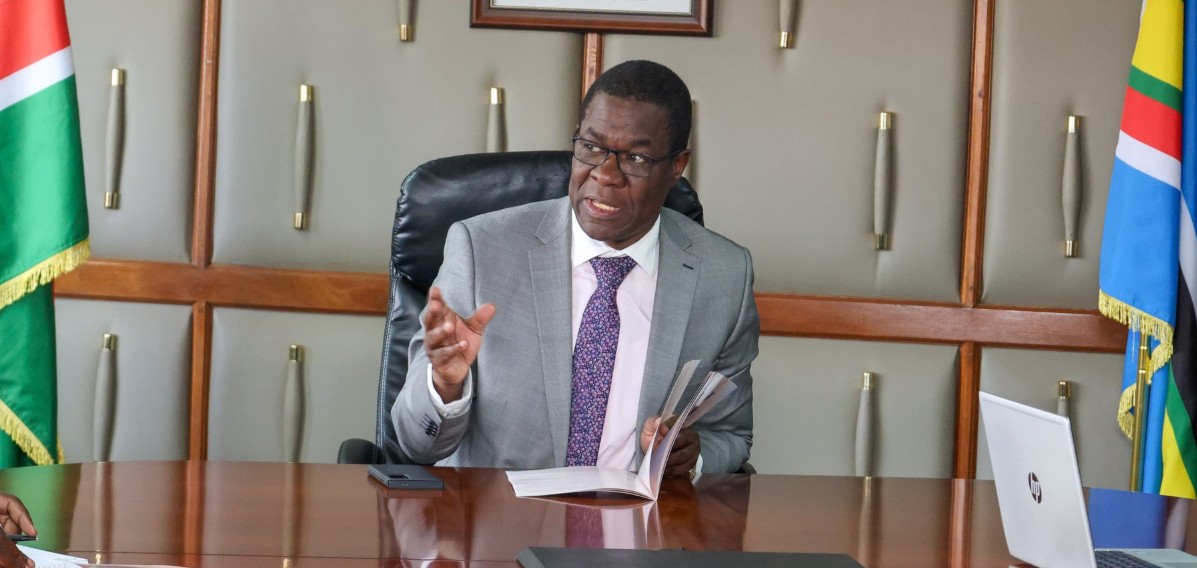
Wandayi said the fund will draw money from multiple sources, including appropriations from Parliament and contributions from energy sector players, which are likely to include new charges collected from consumers on fuel or electricity.
The government has proposed introducing a special levy on fuel and electricity as part of plans to raise funds for infrastructure development in the energy sector.
The Ministry of Energy says the fund, dubbed the Consolidated Energy Fund (CEF), will support projects ranging from transmission lines and hydropower dams to renewable energy research and human capacity development.
More To Read
- Over 16,000 in the dark as Kenya Power struggles to procure essential meters, transformers
- Kenya moves to end power shortages and lower electricity costs
- Senate flags 24 State agencies still performing county functions
- MPs grill KenGen boss over hiring breaches, Sh5.3 billion asset transfer
- Malawi faces fresh fuel shortage weeks after Mutharika’s return to power
- Ruto admits Kenya is rationing electricity, says at least Sh1.2 trillion needed to boost capacity
Energy Cabinet Secretary Opiyo Wandayi said the fund will draw money from multiple sources, including appropriations from Parliament and contributions from energy sector players, which are likely to include new charges collected from consumers on fuel or electricity.
“The sources of the Fund shall be pursuant to Section 216(2) of the Energy Act and include appropriations from Parliament, contributions from energy sector players,” Wandayi said in the Petroleum Policy for 2025–29.
“The fund shall support development of critical infrastructure such as transmission lines, hydropower dams, promotion of renewable energy initiatives and research and human capacity development, among others.”
Currently, the government relies on a mix of loans, grants and taxes to fund energy sector projects such as the construction of transmission and distribution lines, power generation and petroleum facilities. However, rising debt and limited fiscal space have slowed project implementation, prompting the government to pursue Public Private Partnerships (PPPs) and now the CEF as alternative funding mechanisms.
Parliament is expected to allocate an initial Sh500 million to the fund. Additional revenue will come from government securities, recovered assets from criminal proceeds in the energy sector and fines imposed by the Energy and Petroleum Regulatory Authority (EPRA).
Kenyan consumers already pay several levies that support energy-related projects. These include the Roads Maintenance Levy, charged at Sh25 per litre of petrol and diesel, and the Petroleum Development Levy (PDL), levied at Sh5.40 per litre of petrol and diesel and Sh0.40 per litre of kerosene. In the electricity sector, the Rural Electrification Authority (REA) Levy, charged at five per cent of the cost of electricity units consumed, helps fund electrification initiatives in rural areas.
The Ministry of Energy said the CEF is a central element of its 2025–2029 sector reform plan.
“As part of ongoing reforms, Kenya proposes to establish a petroleum consolidated fund to manage sector issues such as decommissioning of petroleum infrastructure, development of common user facilities, education, and health services, among others,” the ministry said.
Top Stories Today
